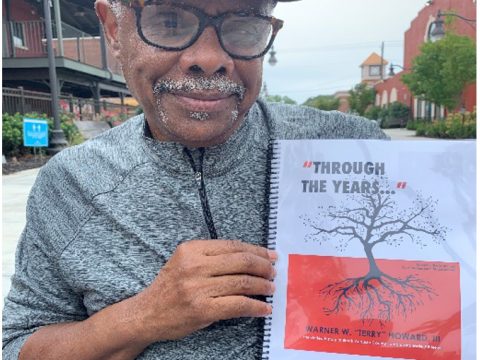

“Silence is one of the hardest arguments to refute.”
Hey readers, recall a situation in your life when you should have remained silent but didn’t. Who was impacted and how? What could have happened had you stayed silent?
Now as a rabid fan of the old Andy Griffiths Show, these days I submit that we should consider heeding the advice from the show’s fictional character deputy Barney Fife when, some may remember, he used to say “Zip it! Just zip it!” – in other words, just shut up! Which takes us to today’s topic, “silence,” or more to the point, the power of keeping our mouths shut. Yes, easier said than done.
Let’s begin with Deputy Fife’s “Zip it” challenge, shall we.
Many of us are hard-wired to say something, to push back, to put forth an alternative opinion in public or in social media when we encounter something said racist, sexist, homophobic, antisemitic, or otherwise just outrageous. We may regret later not speaking up in the moment, although depending on the circumstances, our silence was warranted.
This brings me to a conclusion; our silence is a powerful way to communicate and take control in a situation. Silence is a powerful tool for leaving offending others scratching their heads wondering what you may be thinking about what they said, did or wrote.
So what happens a lot is that because of our discomfort with silence, the tendency is to “break” the silence with an explanation, clarification, or even an apology. Silence is that powerful.
But first, this caveat. There are situations during which silence is not a recommended option. For example, you do not want to remain silent when you or someone dear to you is in physical danger. Nor should you use silence as a tool to manipulate. No, we are talking here about those hurtful spoken or written things we all at some point have been on the receiving end of.
Of course, for some people silence comes naturally, particularly if they are introverted. Many of those individuals are comfortable in silence and prefer to be respected for who they are.
So to do a little onion peeling here, let us examine some benefits of keeping silent in many situations when being silent is not your style.
First, the most obvious benefit is remaining silent in the trigger-happy world we exist in today (think “road rage”). Point is, staying silent could minimize personal harm or cost you your life.
Second, silence gets people’s attention. If we are silent people take note. Unreturned emails and phone calls from an offending person is a nonverbal form of silence that will get the person’s attention that you may be bothered by something he/she said or did.
Third, although this may seem counterintuitive, silence can be an obvious answer in that if something said or done is met with silence, there is often an answer in your silence. Your silence is an implied disagreement without any harsh words exchanged that might do more harm than good.
Fourth, your silence sends a message of kinship and confirmation to others who are typically silent. They will appreciate you.
Now not to be overlooked is how cultural differences related to silence are reflected in, for example, the saying in the United States that ‘the squeaky wheel gets the grease,’ while in Japan it’s said that ‘a silent man is the best one to listen to.”
Next, keep in mind that we can let our nonverbals do our talking since our nonverbal language is sometimes a more powerful way of communicating than our verbal language.According to HelpGuide.org, “It’s important to recognize that it’s our nonverbal communication – our facial expressions, gestures, eye contact, posture, and tone of voice – that speaks the loudest. The ability to use body language is a powerful tool that can help you express what you really mean.”
As a strategy for utilizing a nonverbal message during road rage for example, I always remain within the speed limit and will look away from the person who pounds his horn or flashes me a “middle finger salute” as he roars by. I also find it effective to put on a “poker face,” an inscrutable face that reveals no hint of my actual thoughts or feelings when something offensive is said in large groups of people.
In the end, I understand that being quieter takes time. It does not happen overnight. So, I remain a work in progress in that I need to learn to stay silent against a compulsion to say something out of disagreement, anger or frustration.
Now with all due respect to those, uh, “excessive talkers,” understand that you do not have to have an opinion on everything. We urge you to be considerate of those whose silence is their norm. As someone once wrote, “Opportunities to improve your situation by ‘zipping your lips’ come up all the time.”
Duly noted!
© Terry Howard is an award-winning trainer, writer, and storyteller. He is also a contributing writer with the Chattanooga News Chronicle, The American Diversity Report, The Douglas County Sentinel, Blackmarket.com, co-founder of the “26 Tiny Paint Brushes” writers’ guild, recipient of the 2019 Dr. Martin Luther King, Jr. Leadership Award, and third place winner of the 2022 Georgia Press Award.



This is great. Silent for me means, God got this. His word says, Be Still and Know that I am God. Also, there is a season for everything.